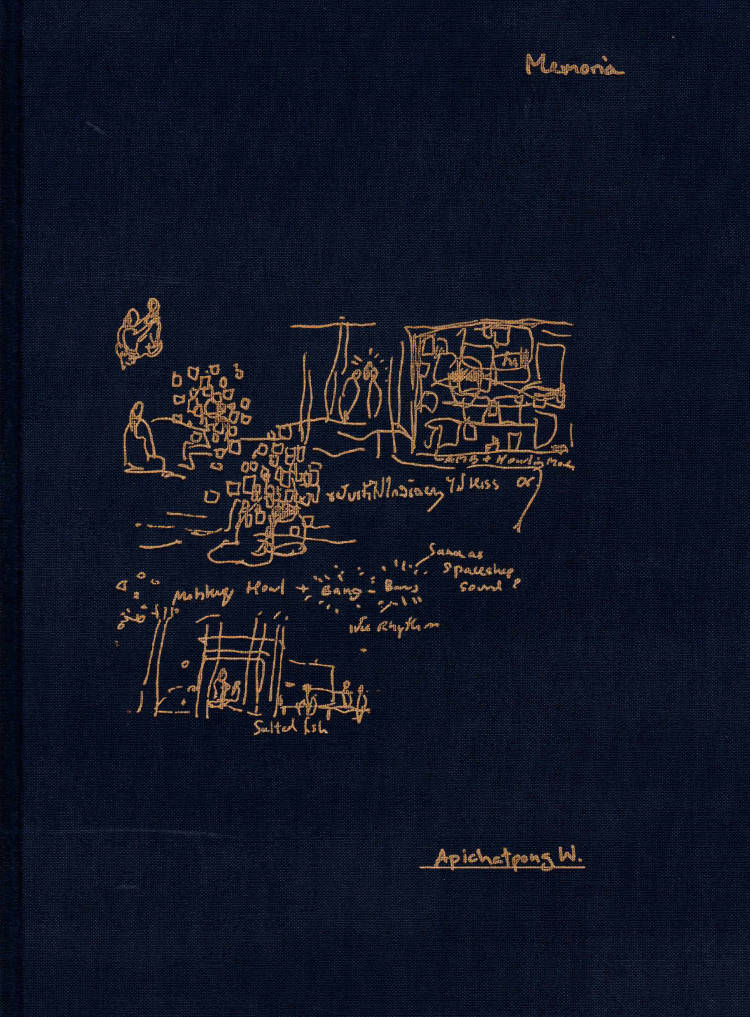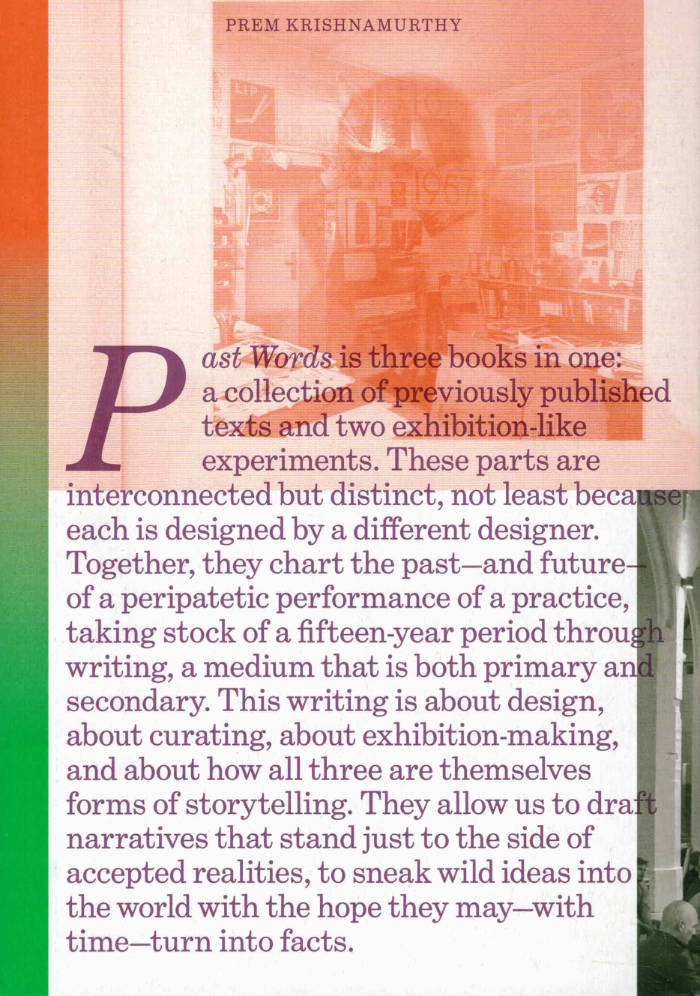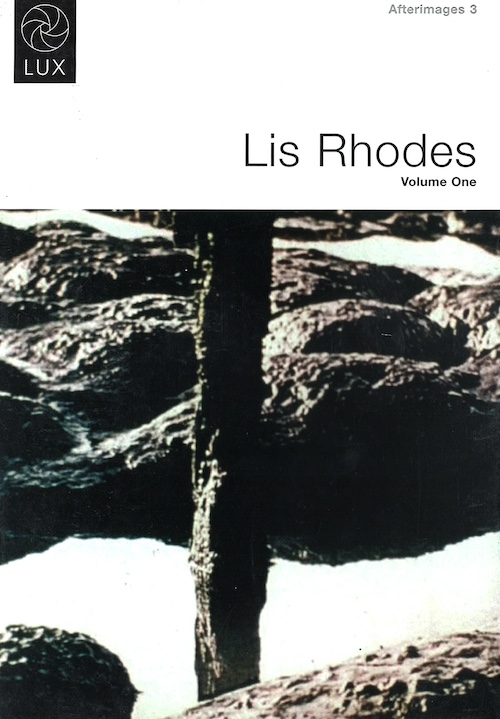
Tale of cinema
In the fourth title of the acclaimed DecadentEditions series, Dennis Lim explores the oeuvre of South Korean auteur Hong Sangsoo via his 2005 film. Forty minutes in, we realise we’ve been watching a film within the film. The ‘real’ characters leave the cinema and find themselves reenacting what they just saw, as a chance encounter invites a suicide pact. Is it life imitating art, or the other way around? Dennis Lim is a film curator, teacher, and writer. He is currently the Artistic Director of the New York Film Festival.
Language: English







